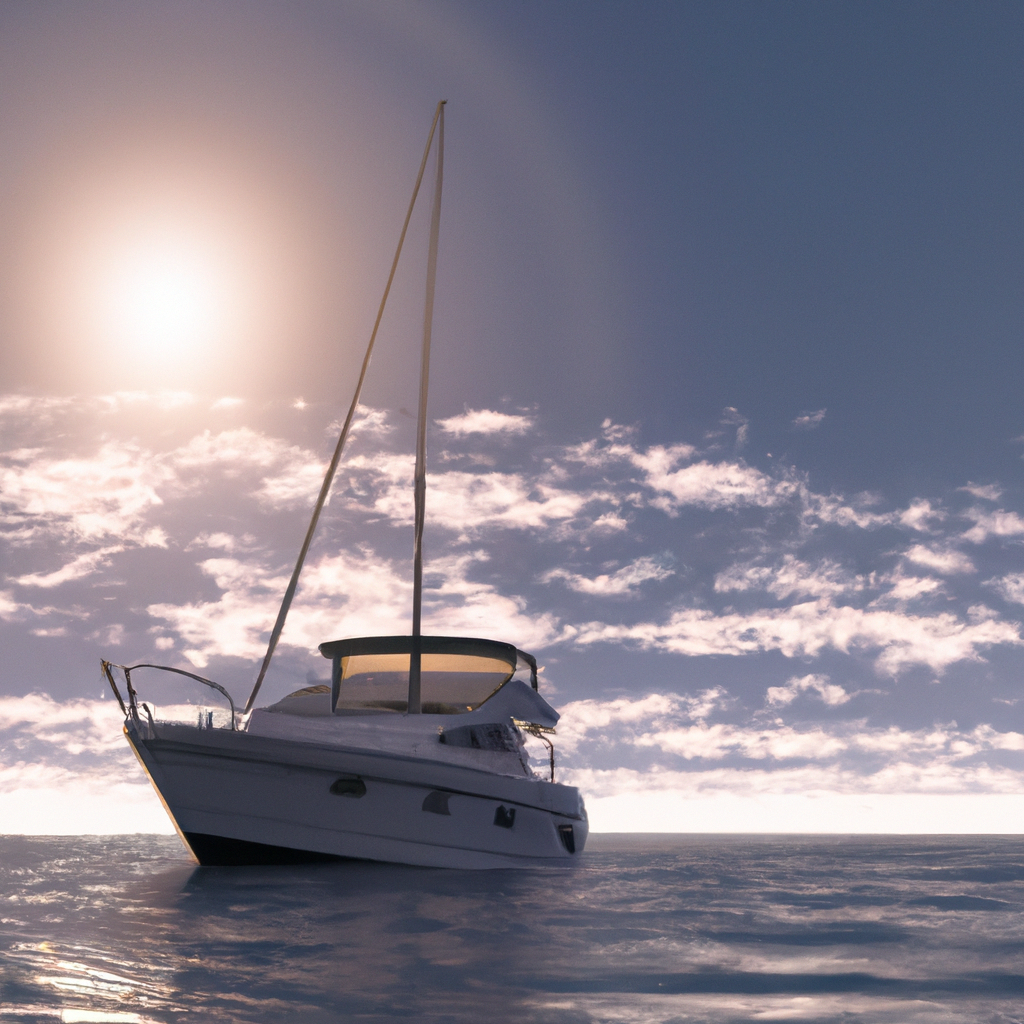Sailing Safely: A Complete Guide to Insurance for Nautical Activities

Sailing the vast seas and oceans can be an exciting and liberating experience. However, it can also present a number of unexpected risks and challenges. Whether it's a leisurely cruise on a yacht, an exciting sailing race or a fishing expedition, it's crucial to be protected by adequate boating insurance. This article offers a comprehensive and informative guide to boating insurance, highlighting its importance, the different types available, how to choose the right one for your boat, and the legal and safety aspects to consider. Get ready to embark on a journey of knowledge that will help you sail with peace of mind and confidence.
- 1. "Types of insurance for nautical activities: Which one do I need?"
- 2. "The importance of insurance for recreational boating"
- 3. "How to choose the right insurance for your boat"
- 4. "Legal and safety aspects of nautical insurance"
1. "Types of insurance for nautical activities: Which one do I need?"
There are various types of insurance for nautical activities that adapt to the specific needs of each client. For example, if you own a boat, you will need boat insurance that covers physical damage to the boat, civil liability for injuries or damage you may cause to others, and coverage in case of theft or total loss. If you practice water sports, such as water skiing or diving, there are specific insurance policies that cover possible accidents or injuries. On the other hand, if you are a professional who works in maritime activities, such as fishing or maritime transport, you will need insurance that covers the associated occupational risks. Therefore, the type of insurance you need will depend on your relationship with nautical activities. Remember that it is essential to fully understand what each type of insurance covers before making a decision.
2. "The importance of insurance for recreational boating"
The importance of recreational boating insurance cannot be understated. Whether you're enjoying a leisurely day of fishing or cruising to an exotic destination, the risks on the water are just as real as they are on land. Unpredictable weather conditions can lead to accidents, equipment can fail, and medical emergencies can arise without warning. Recreational boating insurance provides a financial safety net should the unexpected occur. Ultimately, investing in recreational boating insurance is essential to protecting your investment in your vessel, as well as ensuring your peace of mind while enjoying your boating activities.
3. "How to choose the right insurance for your boat"
Choosing the right insurance for your boat doesn’t have to be a daunting task. First, it’s vital to understand the different types of coverage available. Some policies focus on covering physical damage to the boat, while others may cover personal liability or damage to third parties. It’s crucial to know the value of your boat, as this will influence the type of coverage you need and the cost of the premium. Also, think about how you use your boat. If you participate in high-risk activities, such as boat racing, you may need additional coverage. Finally, consider the reputation of the insurance company. Opt for a company that has a solid reputation for customer service and is willing to answer your questions and clarify your concerns. Remember, your boat insurance should provide you with peace of mind, not headaches.
4. "Legal and safety aspects of nautical insurance"
Legal and safety aspects of boat insurance are critical to protect both boat owners and their passengers. Legally, many countries require boat owners to have minimum insurance coverage to protect against third-party damage and civil liability. This includes physical or material damage caused to other people or property in the event of an accident. In terms of safety, boat insurance also typically covers damage to the boat caused by inclement weather, theft, fire, grounding, collision, among others. Some policies even offer coverage for specialized boating equipment and rescue and salvage expenses. It is crucial for boat owners to understand and comply with these legal and safety aspects to ensure safe and secure boating.
